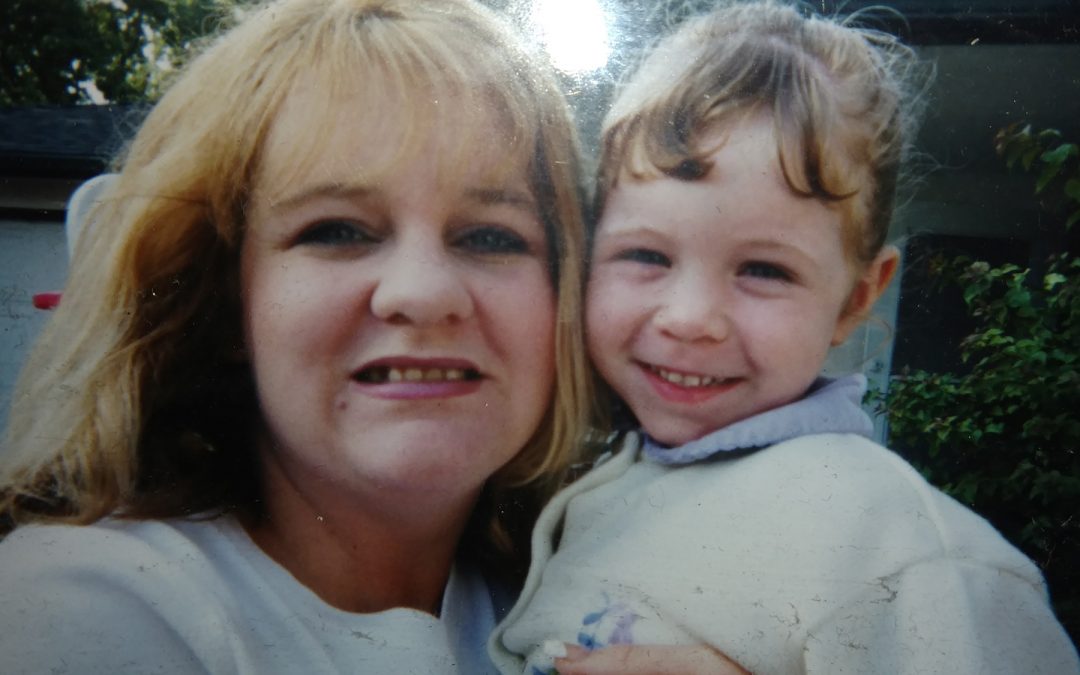
5 Reasons Why It’s (Super) Smart for Women to Get Life Insurance—or More of It
One of the most harrowing experiences I’ve ever had was during the sixth month of my pregnancy. My husband was out late, hadn’t called, and I was, of course, angry at his thoughtlessness. But this very evening, he had misjudged a bend in a rural, mountain road—and plummeted off the side of it into a ravine, totaling his car.
It was some time before campers found him, unconscious and with a dislocated shoulder, but otherwise uninjured. I was overwhelmed suddenly—even though my husband was going to be fine—with the prospect of managing the future costs of raising a child without him. But there was a catch to this epiphany: I was the breadwinner of the family. If I was worried about losing him, what if he lost me? I talked to an insurance agent and secured policies for both myself and him.
My story could be anyone’s story. And women, in particular, tend to have less life insurance coverage than men. So here’s why it’s a good idea to take stock:
1. Women increasingly are the primary breadwinners and even sole providers for families. Whether you’re earning more than your spouse or you don’t have a spouse, your income is critical to providing the most basic of needs to your family, whether that family involves kids you’re raising, aging parents or a special-needs sibling you’re caring for. Life insurance ensures that whomever depends on your livelihood can continue to do so even after (heaven forbid) something happens to you.
2. Stay-at-home moms need protection, too. Don’t discount the value you provide as the manager of the household. Life insurance provides much needed funds when an overwhelmed spouse or other caregiver suddenly has to find help to care for the kids, manage a household or needs to take a significant amount of time off to stay with them. Watch the Virgen’s story if you have any doubt.
3. Women often pay less for insurance—or get more coverage for the same amount. Because women have a longer average life expectancy than men, that in turn brings the cost of life insurance down for women. Also keep in mind that the younger and healthier you are, the less it will cost you. For example, a healthy 30-year-old can get $250,000 of coverage in the form a 20-year level term life insurance policy for about $13 a month.
4. Mompreneurs and those who work part time need coverage too. Women often run home-based businesses or work part time while also raising children. They should also consider their need life insurance because, while they may not be the main breadwinner, their income supports the family and will be sorely missed if something were to happen.
5. Women’s situations can change. Just when you think you’ve gotten your life insurance needs all taken care of, you might experience more additions to your family, or close down a business, or go through a divorce, or a family member might need your active support in the future. Is your insurance up-to-date with your changing needs?
Remember, an insurance agent will sit down with you free of charge to go through your needs and help you find coverage that fits your budget, which is key! If you don’t have an agent, here are some tips on finding the right fit and then searching by ZIP code with the Agent Locator. Don’t wait for that crisis moment, the way we nearly did!




